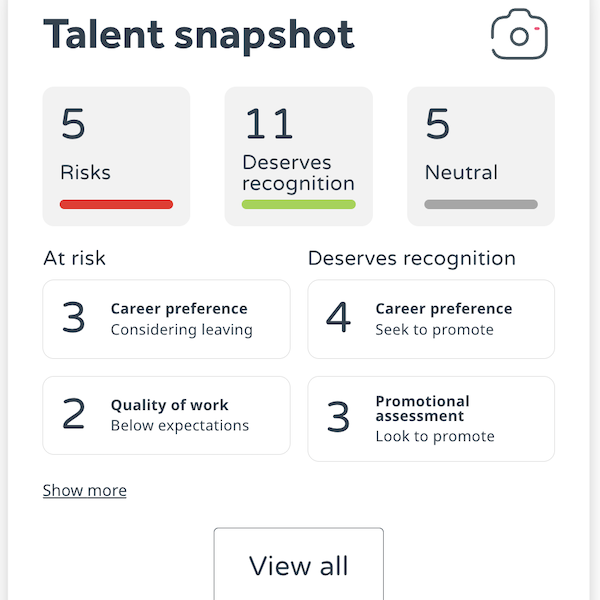As a business owner it’s very easy to get tied up with making improvements in productivity at the expense of your employees. If your corporate strategy ignores employee wellbeing you could end up doing the opposite of what you intended. In any case, overworked employees are actually less productive.
Burnout is something Ian Braid, founder of DOCIAsport and former CEO of the British Athletes Commission (BAC), knows all about. Ian describes his journey to burnout and back in one of our previous blogs on workplace wellbeing. When Ian worked at BAC his days were always full on, typically ten hours or more each day, as well as being permanently on call at weekends to offer support and guidance to British athletes.
Ian realised he was burnt out when his son asked him if he was working too hard. Ian’s answer was that he had forgotten how to relax. At this time Ian felt overwhelmed at work and was having panic attacks. As a result of his mental health, Ian left his job and during his recovery set up DOCIAsport (Duty Of Care In Action) to help deliver effective, sustainable duty of care, to address mental health in sport and to help advise and support the next generation of leaders in sport.
Pressure and stress in the workplace may be unavoidable, but business leaders should be doing more to protect the mental health of employees (read more about why your employees need Mental health First Aiders here). Mental wellbeing at work significantly affects the performance of employees.
Stress from overwork is a key contributor to mental health problems in the workplace. According to the Mental Health Foundation younger people have higher stress related to the pressure to succeed. The Telegraph recently reported that work-related stress and mental illness now accounts for over half of work absences. Excessive workload is one if the issues that needs to be addressed.
Creating a culture where employees are overworked doesn’t make sense. It leads to greater stress, increased absences, less productivity and ultimately creates problems in the retention of valuable staff (Ian’s case is a prime example). So, how do you know if you are overworking your employees? A certain amount of stress and pressure at work at certain times is normal after all.
Conducting regular employee engagement surveys is as good a place to start as any. Listening to your employees is key to understanding how they are feeling at work. Implementing a wellbeing strategy is also important, as is looking out for the tell-tale signs your staff aren’t coping with the workload.
Here are five tell-tale signs you are overworking your employees.
1) Staff are consistently working long hours
You may be inclined to think it is good for business when employees are putting in extra hours, working weekends and not using up their holiday allowance. But this is a sure sign that your employees are heading for burnout. Late nights and weekend work will almost always end badly if it becomes the norm, for employee and for the business. Overworked employees make more mistakes, are more likely to take time off sick and could ultimately throw in the towel. There’s also the cost of replacing burnt out staff to consider.
2) Employees seem more emotional
Can you cut the atmosphere in your business with a knife? Do employees seem to have shorter fuses than normal? Stressed, unhappy staff may be more withdrawn or more emotional. It’s not a good sign and will have a negative impact on business culture.
3) Staff turnover has increased for no apparent reason
Of course, there are genuine reasons people leave their jobs, for example, to move up the ladder, relocate, change career and so on. But if staff turnover increases and you are losing your best employees at a higher rate than normal, the exodus could be because your employees are overworked. Surveys and exit interviews should help you get to the bottom of why turnover has increased.
4) Sickness rates have increased
When the number of staff absences soar, you will want to know why. Overworked employees are more likely to feel persistently stressed and that has implications for both mental and physical health. Employee burnout and work-related stress is a major cause of absenteeism.
5) Ideas are thin on the ground
Overworked employees aren’t thinking about innovation. They are battling to reach deadlines and to get work done. Stressed and overworked employees don’t have the passion or motivation to help take your business to the next level.
Employees who are working 60-hour weeks won’t be making notable contributions to innovation, they’ll just want to get through the workload. Fresh and focused staff are much more likely to think creatively and that is good for business.

